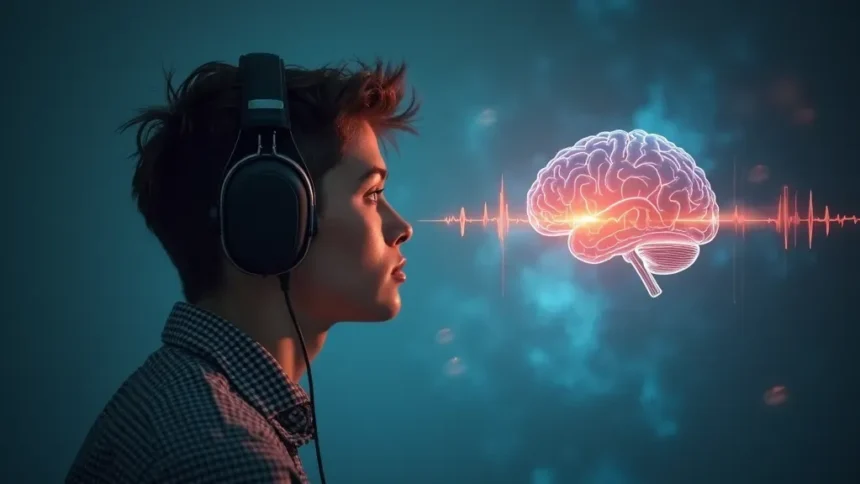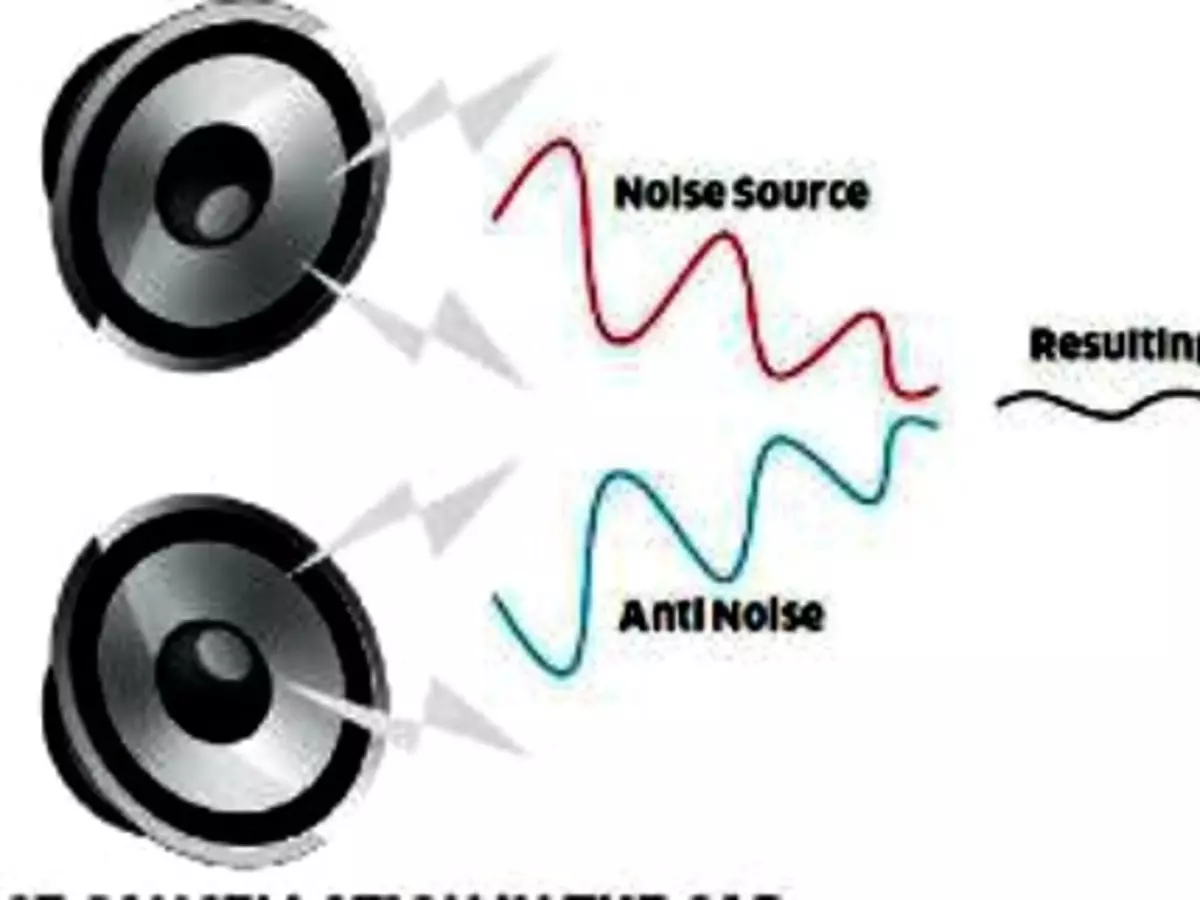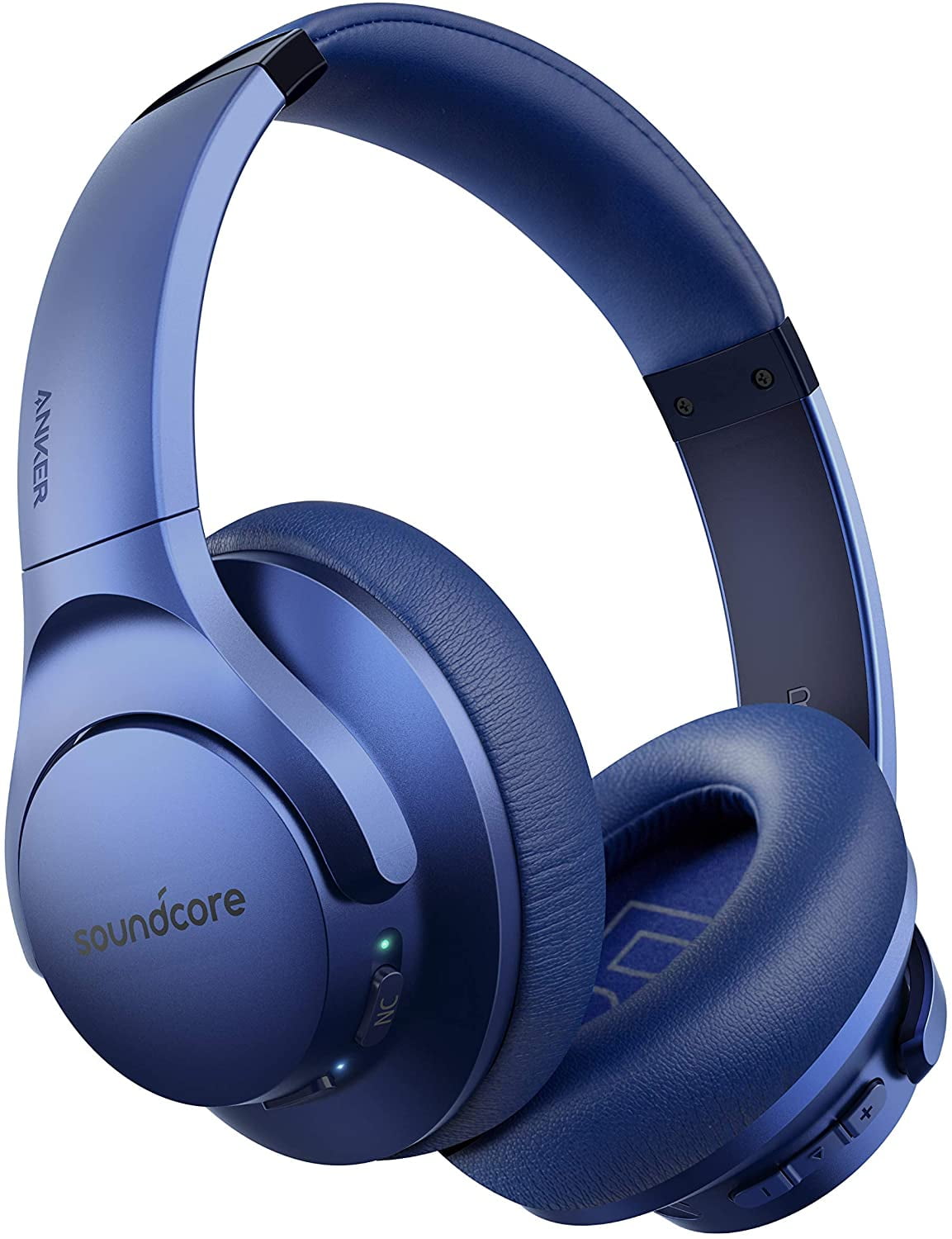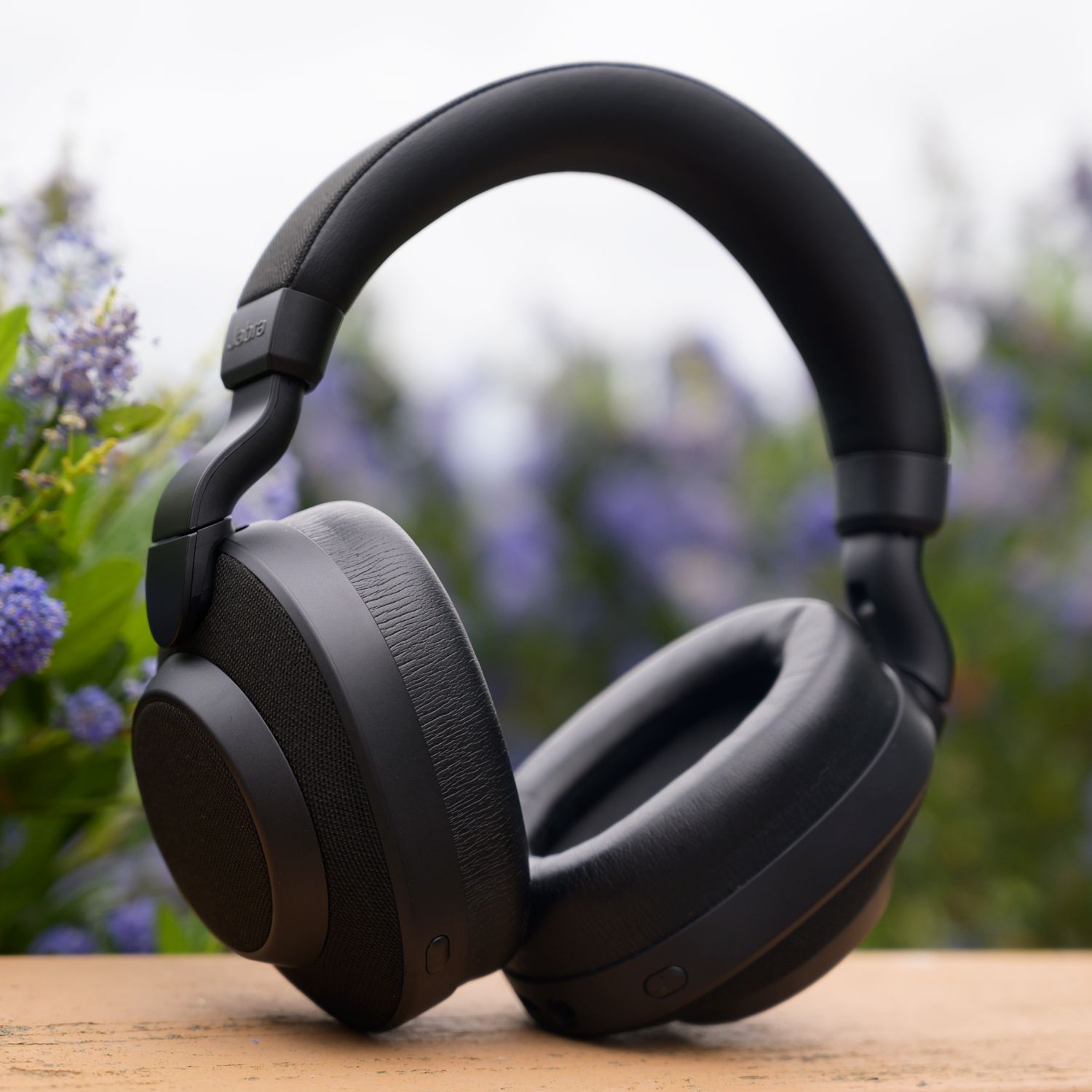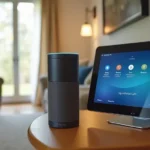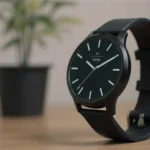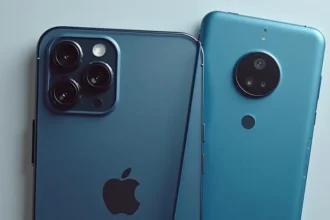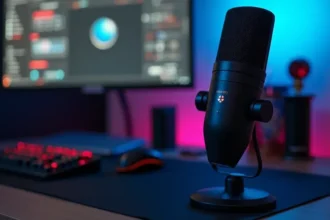Ever wonder how noise-canceling technology affects your brain? While these modern marvels of sound blocking can be a lifesaver in noisy environments, emerging studies suggest they might come with unexpected consequences. A recent BBC report highlights concerning trends, particularly among young users who, despite normal hearing tests, struggle with sound comprehension. This raises intriguing questions: Could constant reliance on noise cancellation actually hinder our brains’ ability to process sounds? Let’s dive into this fascinating topic and explore the implications.
The Risks of Loud Headphone Use
Headphones are widely used for personal entertainment, yet they pose a significant risk to hearing health. Listening to sounds at high volumes can lead to irreversible damage to the auditory system, resulting in conditions such as tinnitus or permanent hearing loss. The World Health Organization has raised alarms about the increased prevalence of hearing impairment among younger generations, attributing it to the widespread use of headphones. Users must be mindful of their listening habits and prioritize volume control to protect their hearing from long-term damage.
In light of these risks, many people are turning to headphones with noise-canceling features, believing they can listen at safer volumes. However, this shift may introduce new challenges, as the technology’s ability to block out background noise might lead to a dependence on these devices for sound management. While noise-canceling headphones can enhance the listening experience, they may inadvertently contribute to a decline in natural sound processing abilities, raising concerns about their overall impact on auditory health.
Emerging Concerns Over Noise-Canceling Technology
Recent reports have highlighted a potential link between the use of noise-canceling headphones and neurological changes in the brain. Individuals, like a 25-year-old British woman who experienced difficulty concentrating on sounds despite normal hearing test results, have been diagnosed with audio processing disorder (APD). This condition affects the brain’s ability to interpret and understand sounds, including spoken language. The case has sparked discussions about whether the reliance on noise-canceling technology might be contributing to a decline in sound processing skills.
Audiology departments across the U.K. have reported an increase in young patients exhibiting similar audio processing issues. This trend raises important questions about the effects of prolonged exposure to noise-canceling technology and whether it disrupts the brain’s natural ability to filter and recognize sounds independently. Experts in the field are calling for more comprehensive research to explore these concerns and understand the long-term implications of using such technology on cognitive and auditory functions.
Understanding Audio Processing Disorder (APD)
Audio Processing Disorder (APD) is a complex condition that impacts how the brain processes auditory information. Individuals with APD may struggle to understand spoken language, follow conversations, or distinguish between similar sounds. This neurological condition can lead to frustration, social withdrawal, and difficulties in academic settings. The symptoms are often subtle and can be mistaken for other issues such as attention deficits or hearing loss, making diagnosis challenging. Awareness and understanding of APD are essential for those affected to receive appropriate support and intervention.
The rise in APD cases among young people has prompted audiologists to investigate the potential causes behind this increase. While traditional factors such as hearing impairment or developmental delays are well-known, the influence of modern technology, particularly noise-canceling headphones, is becoming a focal point. As more young individuals report struggles with sound processing, the need for early identification and targeted therapies becomes increasingly crucial. Ultimately, understanding APD will help in developing effective strategies to assist those impacted by this disorder.
The Role of Audiologists in Diagnosis and Treatment
Audiologists play a vital role in diagnosing and treating audio processing disorders, employing a range of assessments to determine the nature and extent of a patient’s difficulties. Through detailed evaluations, they can distinguish between typical hearing loss and APD, guiding patients toward appropriate interventions. This process often includes personalized therapy sessions tailored to improve auditory processing skills, enabling individuals to navigate their environments more effectively. Audiologists are instrumental in educating patients and their families about the condition, fostering a supportive atmosphere for recovery.
Furthermore, audiologists are advocating for increased research into the effects of noise-canceling technology on auditory processing. By collecting data and sharing insights with the broader medical community, they aim to raise awareness of potential risks associated with excessive reliance on these devices. As the understanding of APD and its relationship with technology evolves, audiologists will continue to be at the forefront, ensuring that patients receive the best possible care and guidance in managing their auditory health.
The Need for Further Research
Given the rising concerns surrounding noise-canceling technology and its potential effects on the brain, there is an urgent need for further research in this area. Investigating the long-term implications of consistent use of noise-canceling headphones could provide valuable insights into their impact on sound processing abilities. Researchers are encouraged to conduct studies that explore the relationship between these devices and various auditory disorders, including APD. Understanding how noise-canceling technology alters brain function is crucial for developing guidelines for safe listening practices.
Additionally, interdisciplinary collaboration among audiologists, neuroscientists, and technology developers could yield innovative solutions to mitigate risks associated with noise-canceling headphones. By addressing these concerns through comprehensive research, stakeholders can work toward establishing best practices for headphone use, ensuring that users can enjoy their devices without compromising their auditory health. As technology continues to advance, it is essential to stay informed about its effects on our cognitive and sensory experiences.
Protecting Hearing Health in a Noisy World
In our increasingly noisy environments, protecting hearing health has become more critical than ever. Individuals must adopt proactive strategies to safeguard their auditory well-being, especially when using headphones or earphones. This includes monitoring volume levels, taking regular breaks from listening, and opting for noise-isolating rather than noise-canceling headphones when possible. By being conscious of their listening habits, users can reduce their risk of hearing damage while still enjoying their favorite audio content.
Moreover, raising awareness about the potential risks associated with excessive headphone use can empower individuals to make informed choices. Educational campaigns can help inform the public about the signs of auditory distress and the importance of regular hearing check-ups. As awareness grows, the community can foster a culture of hearing health, encouraging safe listening practices that prioritize long-term auditory wellness in a world filled with noise.
The Future of Headphone Technology
As technology evolves, so does the need for headphones that balance user experience with health considerations. Manufacturers are now faced with the challenge of creating devices that offer high-quality sound while minimizing potential risks to auditory health. Innovations such as adaptive noise cancellation, which adjusts based on ambient noise levels, could provide a solution that allows users to enjoy their audio without overwhelming their auditory systems. The future of headphone technology lies in finding this delicate balance.
Additionally, incorporating user feedback and research findings into the design process can lead to more informed product development. Companies that prioritize the health of their consumers and actively engage in research collaborations will likely stand out in the market. As awareness of auditory health issues increases, consumers may gravitate towards brands that demonstrate a commitment to safe listening practices. Ultimately, the evolution of headphone technology holds promise for enhancing the listening experience while protecting users’ hearing.
Coping Strategies for Individuals with APD
For individuals diagnosed with Audio Processing Disorder (APD), developing coping strategies is essential for navigating everyday sounds and communication challenges. These strategies may include utilizing visual cues during conversations, employing assistive listening devices, or seeking therapy that focuses on improving auditory skills. By understanding their unique needs, individuals with APD can create an environment that supports their listening abilities and enhances their overall quality of life.
Support from family, friends, and educators is also crucial for those living with APD. Open communication about the challenges faced can foster understanding and patience within social and academic settings. Additionally, specialized training and resources can empower individuals to advocate for themselves and seek appropriate accommodations when needed. With the right strategies and support systems in place, individuals with APD can thrive despite their auditory processing challenges.
The Importance of Early Intervention
Early intervention is key to addressing Audio Processing Disorder (APD) effectively. The sooner individuals receive a diagnosis and appropriate support, the better their chances of improving auditory processing skills and minimizing the impact on their daily lives. Early intervention programs often involve tailored therapies that target specific areas of difficulty, helping individuals develop strategies to cope with their challenges. By prioritizing early detection and treatment, we can foster a more supportive environment for those at risk of APD.
Furthermore, educating parents and educators about the signs of APD can lead to timely referrals to audiologists and specialists. Increased awareness can help reduce the stigma associated with auditory processing challenges, encouraging individuals to seek help without hesitation. As research continues to unveil the complexities of APD and its relationship with modern technology, a proactive approach to early intervention will be vital in supporting individuals facing these auditory challenges.
Frequently Asked Questions
How do noise-canceling headphones work and what are their benefits?
Noise-canceling headphones use advanced technology to reduce unwanted ambient sounds, allowing you to enjoy your music or podcasts without distractions. They’re fantastic for travel or busy environments, transforming chaos into calm. Imagine being in a bustling café, but all you hear is your favorite tune—it’s like having your own personal sound bubble! However, while they do enhance your listening experience, it’s important to use them wisely.
Can noise-canceling headphones harm your hearing?
While listening to audio at high volumes is a well-known risk for hearing damage, noise-canceling headphones might pose a different kind of risk. A recent report highlighted concerns that frequent use could impact our brain’s ability to process sounds effectively. So, while they protect your ears from loud noises, could they be subtly changing how your brain interprets sound? It’s definitely something to ponder!
What is Audio Processing Disorder (APD) and how is it related to noise-canceling technology?
Audio Processing Disorder (APD) is a condition where the brain struggles to process sounds and spoken language, making it hard for individuals to understand what they hear. The BBC article mentioned a young woman who, although her hearing was normal, faced challenges in concentrating on sounds, leading to her APD diagnosis. This raises concerns about whether constant use of noise-canceling headphones might be making it harder for our brains to filter and understand sounds naturally. It’s like relying on GPS so much that you forget how to read a map!
Are more young people experiencing sound processing issues?
Yes, according to the report, audiology departments in the U.K. have seen a rise in young people referred for sound processing issues. This trend has sparked curiosity about the potential effects of modern sound technologies, including noise-canceling headphones. It’s as if we’re creating a generation that might struggle to tune into the world around them because they’ve become too accustomed to blocking it out.
What do experts say about the impact of noise-canceling headphones on brain function?
Experts, including audiologists, are calling for more research on how noise-canceling technology might be influencing brain function, particularly regarding sound processing. The theory is that relying too much on these devices could lead to our brains ‘forgetting’ how to filter sounds naturally. It’s a bit like constantly using a calculator—your brain might lose some of its math skills over time!
What precautions can I take when using noise-canceling headphones?
To enjoy the perks of noise-canceling headphones while safeguarding your hearing and cognitive function, consider using them at moderate volumes and for limited periods. Take breaks to engage with the world around you—think of it as lifting the veil of silence every now and then. This balance can help keep your auditory processing sharp and your hearing intact!
Headphones are great for tuning out the world, but what if they’re messing with your brain? A recent BBC report highlights concerns about noise-canceling tech, which is loved for blocking out distractions. It features a 25-year-old woman who, despite normal hearing tests, was diagnosed with audio processing disorder (APD). This condition makes it tough for her brain to understand sounds. Audiologists in the UK are seeing more young people with similar issues, raising a big question: could noise-canceling headphones be rewiring our brains? Experts are calling for more research to figure this out!
What do you think about noise-canceling headphones? Have you noticed any changes in your focus or hearing? Drop a comment below! Let’s chat! 🚀😃🔥

